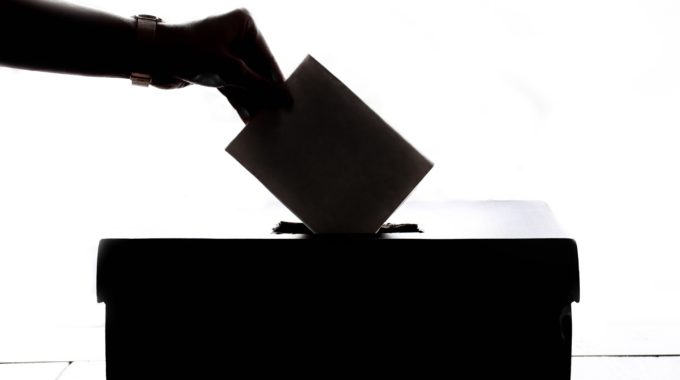
Why Apologizing is Difficult
Many people with widely different viewpoints, attitudes, and cultures come together in the workplace to work in the same area. A workplace conflict can occur when persons with widely disparate perspectives express their opposing ideas, resulting in a disagreement. While one may not wish to resolve the issue indefinitely, this does not function well in the business world, where one of the key obligations is to develop a strong network for oneself. As a result, just apologizing is one of the most effective strategies to resolve a situation as quickly as possible. However, as simple as it may appear, it is far more complex than anticipated. This Chicago Booth Review essay addresses whyapologizingis difficult and how to handle such a circumstance.
Why apologizing is difficult
The article states in the opening that learning how to settle disputes is the key to preserving human relationships. Even research, according to the article, reveals that an apology is a potent tool for reconciliation. However, the article acknowledges the fact that some situations, for whatever reason, never get resolved. The article underlines the issue, which is supported by research conducted by Shereen Chaudhry of Chicago Booth and Valeria Burdea of the Ludwig Maximilian University of Munich. According to the study’s findings, when there are faults on both sides, neither party wants to apologize first, presenting a significant obstacle to reconciliation. This is one of the potential reasons why apologizing is difficult.
According to the study, when someone offers to apologize, they usually anticipate one in return. This tricks individuals into believing that they should feel happy if the other person apologizes as well and bad if they do not. According to the researchers’ study, participants anticipated feeling much worse if they made an apology and did not receive one in return. Some people even favored an apology over forgiveness. According to the article, this is due to the fear of apologizing first resulting in a loss of flexibility to shift blame. Finally, the article suggests that, based on the study’s findings, people’s readiness to apologize first frequently depends on what they believe the other person would do. As a result, if both participants in an argument miscalculate what the other will do, it is easy to reach an apology stalemate.
Summary
It may appear easy and convenient to end a workplace conflict by apologizing right away, but it is actually far more complex. The aforementioned are a few reasons which explain why apologizing is difficult.
Learning from other’s experience inspires you in your career as well. Learn from the experienced and world-class faculty in Chicago Booth Accelerated Development Program (Chicago Booth ADP) offered by the University of Chicago Booth School of Business.

















